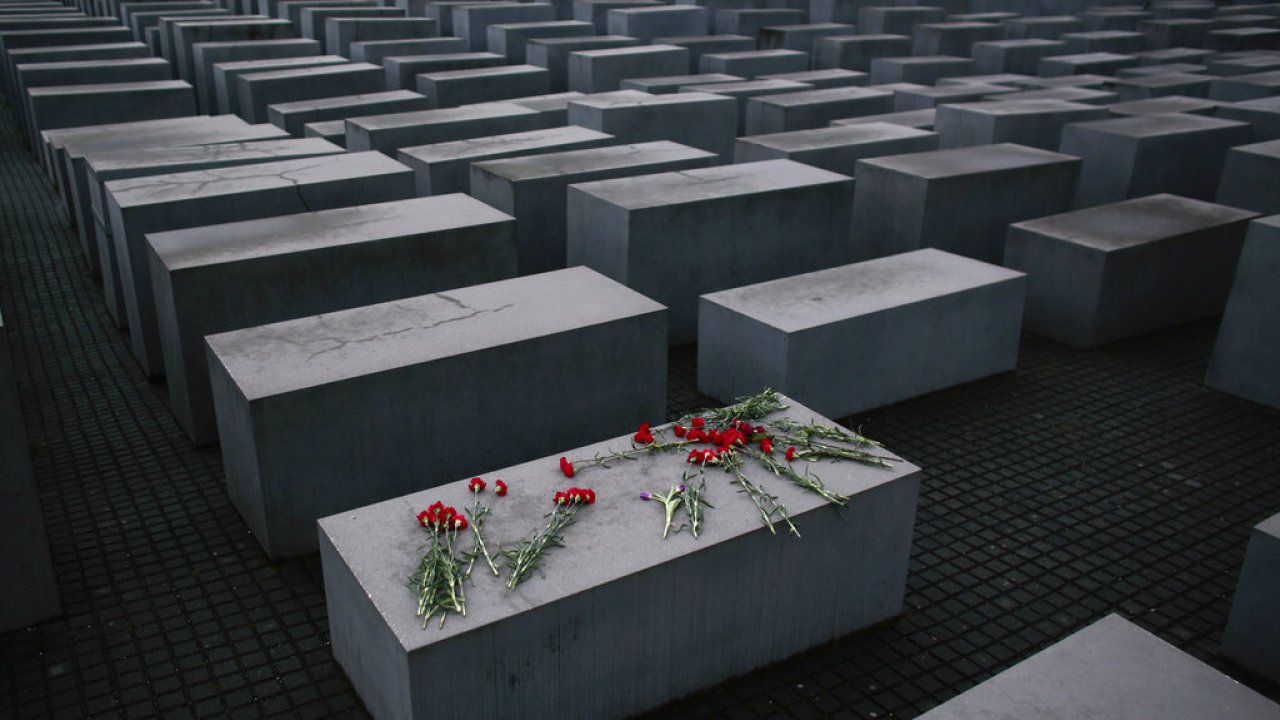On April 18, thousands of Jews from around the world will travel to Poland to walk the three kilometers that separate the Auschwitz concentration camp from the Birkenau concentration camp.
It is a yearly pilgrimage known as the March of the Living, and in Jewish culture it is a way to pay homage to those who died in the Holocaust, and keep their memory alive.
Similar efforts are being undertaken in the United States, using technology to ensure the world never forgets.
At the University of Southern California Shoah Foundation, artificial intelligence is being utilized to capture the stories of Holocaust survivors through interactive biographies that allow people to hear first-hand accounts from survivors themselves.
It is critical to preserve these stories, as this current generation is the last that will be able to hear them from survivors themselves.
According to the Claims Conference, a non-profit that seeks reparations for the Holocaust, there are just over 400,000 Holocaust survivors left in the world. In the United States, the organization estimates there will only be 15,800 alive by the year 2030.
“We have a moral obligation to capture the memory of these survivors which can be used to build awareness and understanding for future generations,” said Rob Williams, executive director of the Shoah Foundation.
Since 2014, the group has been recording the interactive biographies using 70 high-tech cameras in interviews in which survivors answer more than 1,000 questions over a week’s time. The recordings are then used to create a video image that allows museum visitors to ask questions to the survivor as if they are interacting in real life. Artificial intelligence will recognize the question and find the response that most appropriately answers it, and play it almost immediately.
“They’re going to relive the most traumatic memory of their life. It’s not an easy process for them — you can see it in their eyes as they go back,” said Ryan Fenton-Strauss, Director of Media and Archives at the USC Shoah Foundation.
The goal is to allow people to experience history in a way that feels more personal and natural, creating a psychological bond as if they were listening to the survivors in real life.
“Having the opportunity to engage in a conversation, or as close as you can get to a conversation, with an individual from that period is a real way to build a deeper understanding and awareness, not just of what had happened, but of your own responsibilities today as you’re encountering moments that echo the past,” said Williams.
“I believe that, ultimately, people change as they get to know somebody. We all come with our own biases, but when we get to learn about somebody’s experience that is different, we start to see the world in a different way and we become more tolerant,” added Fenton-Strauss.
The Shoah Foundation’s interactive biographies are available in 10 languages at 185 sites around the world.







